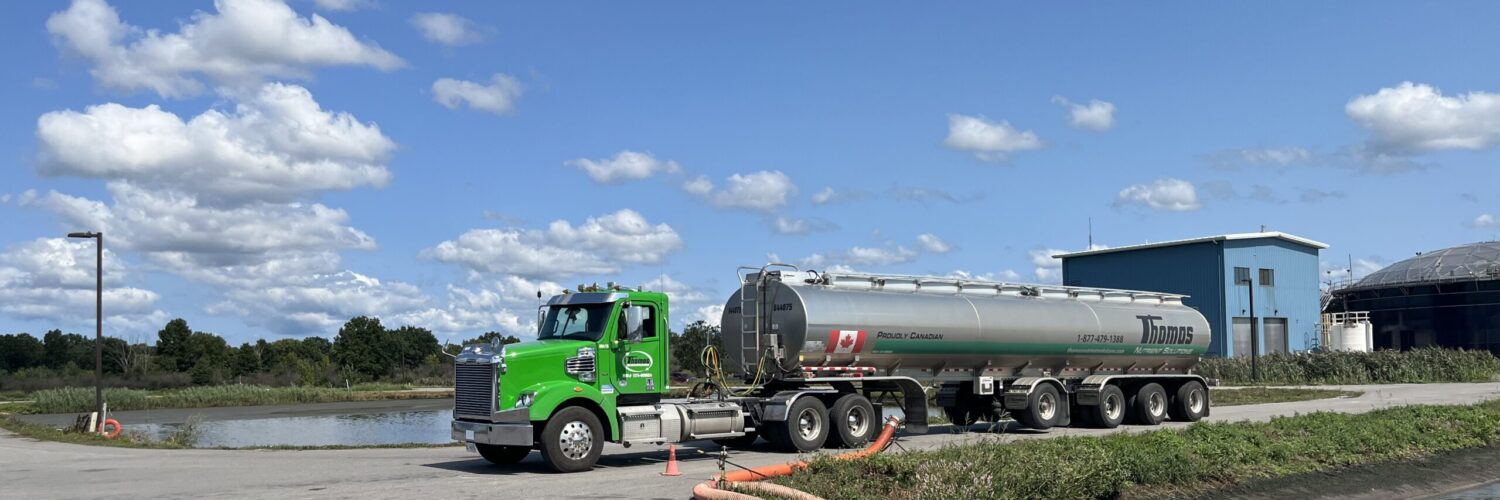Biosolids have continued to find new avenues where it can be utilized commercially. It has been converted to fertilizers and even biocrude in some parts of the world, but another unique solution comes from Malaysia.
Atiyyah Ameenah Azni, who has a degree in science biotechnology from International Islamic University Malaysia (IIUM) has invented the Biomass Microwave Carboniser (BMC) which can produce a high-grade bio-charcoal called biochar. The BMC uses a method called microwave-assisted pyrolysis where microwave energy in a chamber is used as a means of heating in the absence of oxygen.
Biochar is a biosolids-derived charcoal that gives off less smoke and has a high calorific value, lower volatile content, high fixed carbon content and high surface area. It is a sustainable solid fuel with lower emissions suitable for high energy demand industries.
Azni has partnered with Pakar Go Green Sdn. Bhd. and by inventor-cum-founder Professor Dr. Azni Idris, whose area of expertise is chemical engineering with a focus on waste management. Their goal is to bring Azni’s invention into a full-scale commercial venture that can serve several industries. Azni’s idea for BMC comes from years of consultancy services and observation of waste management in the commercial sector.
In Malaysia, biosolids come from three main sources. The first is municipal solid waste which contributes around 25,000 tonnes per day, second is from industrial waste from palm oil companies that come in the form of empty fruit bunches (EFB) which totals 7 million tonnes per year, and the third is from human waste that totals around 5 million tonnes annually.
Malaysia is one for world’s biggest producers of palm oil and a typical processing factory generates 200 tonnes of EFB per day and that is multiplied by more than 400 factories in the country. The industrial waste is clearly a significant problem, but by converting this waste into biochar it can not only solve the problem of excess waste, but also produce a viable alternative energy source.
In Europe, biochar is used in powder form to act as a catalyst when mixed with soil and fertilizer. This resulted in the doubling of crop yields because biochar contains properties that retain fertilizer and moisture, and it provides the ecosystem with bacteria to help enrich it.
The BMC produced biochar comes in the form of briquettes and is being marketed to several business sectors as an alternative heating source. Applications for this product would include boiler users, the food service industry such as catering companies, restaurants and hotels as well as retail market for consumers to be used in barbecues.
It is the team’s hope that in three years and with the right collaborations, they can supply biochar as a soil enhancer and improve oil palm plantations in Malaysia as well as supply biochar as green fuel for power generation both locally and in Asia.
A pilot plant is currently in development with the goal of scaling it up to a factory within a year producing biochar at full scale by year’s end.
If you are a farmer in the Niagara Region and are interested in considering biosolids as a potential application to your fields, please call us on 1 (877) 479-1388. There is no cost for us to apply to the MOE or to spread biosolids on your field. These costs are covered by the Region of Niagara.
Sources:
https://www.nst.com.my
https://www.changemakers.com

